Article by Pia Torreck Partner at Ingvardsen ll Partners and Philip Santilhano, Stud.Psych, Copenhagen University
Do personality tests work?
The answer to this question depends on how the test is implemented and which tests are being used.
Despite the fact that we tend to understand personality and identity as something static and predictable, we have to accept the premise that people are unique and complex and act differently in different situations. We, therefore, have to question ourselves on whether we can predict how a top executive will behave in a new environment with new colleagues and new challenges.
Countless studies have been carried out aiming to predict people’s behaviour based on their personality. However, the correlation between specific personality and specific behaviour is limited. For example, in 2013 Professor Walter Mischel from Stanford University found that only 10% of our behaviour could be predicted with reference to our personality.
Why use personality tests then?
Within Executive Search, personality tests are commonly used, but the question is whether these personality tests are able to predict the personality, behaviour and values of the candidate?
Most personality tests are based on the candidate’s self-report. A self-report can be biased in various ways. For example, a candidate can lack self-awareness, or the self-report can be marked by a social desirability bias, where the candidate intentionally reports in a way that he believes will be well received. However, it is important to point out that many personality tests are designed in a way that minimises the risk of these biases. Still, we have to accept that we can’t definitively determine whether a candidate has specific traits, for example, being “detail oriented” or “dominant”.
Despite this, personality tests can be used as a tool in a dialogue with the candidate when trying to establish an understanding of the candidate’s personal values, preferences, needs and managerial style. Here, the personality tests form a solid foundation for an in-depth interview, where the candidate’s personality is further assessed by the interviewer. This dialogue stretches over several interviews and an experienced Search Partner will make sure that a candidate is assessed by several people to avoid interviewer biases.
Various personality tests
We distinguish between ipsative and normative personality tests. The ipsative tests focus on the individual’s personal traits and try to determine which traits are most salient, while the normative tests compare people with each other. Despite this difference, recent research indicates that the results of ipsative and normative personality tests don’t vary significantly.
Some of the most prominent personality tests include OPQ32, DISC, MBTI/JTI, Hogan Assessment and NEO-Pir. Some tests are specifically designed for assessing people in a business context while others focus on personality in a more general context.
Assessments in Executive Search
In Executive Search, it is important to not to let the result of a personality test stand alone. The candidate should be assessed by more than one person through multiple interviews. Additionally, references should be included to support the assessment.
There are many general requirements that top executives have to live up to. However, a specific profile of the desired candidate should be established at the beginning of an Executive Search process. Among other things, the desired candidate profile should consist of specific personal characteristics, professional qualifications and experience. This forms the basis for initiating the search process and assessing candidates compared to the desired profile.

